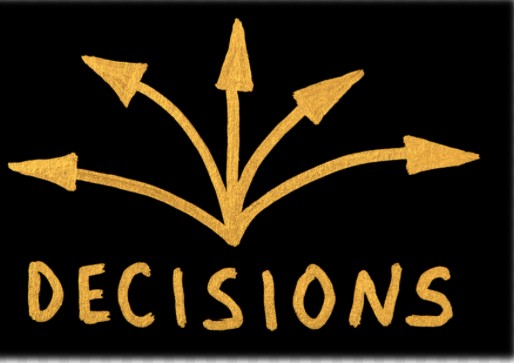
What is a Decision-Making Agreement?
A decision-making agreement is an agreement that enables another person of your choosing, known as a ‘Decision-Making Assistant’, to help make decisions about certain things on your behalf. If you feel that you no longer have the capacity/have difficulty with doing so for yourself, you are entitled to appoint someone who will have the legal capacity to officially help you to make certain decisions for you moving forward.
Although Decision-Making Agreements are commonly used by those suffering from a disability or impairment, they can also be utilised by someone whose decision-making capacity is in ‘question’, i.e, the ability to understand the nature and consequences of a decision that could potentially have a large impact on their lives is precarious.
Decisions made as part of the agreement can cover anything from your finances, to welfare, to property, and more.
Who can be a Decision-Making Assistant?
In order to appoint someone as your Decision-Making Assistant, you must ensure that you know and trust this person well. They must also be a legal adult (i.e., over the age of 18), and are fully aware of their duties and will carry them out accordingly.
You may also choose to appoint multiple people as a Decision-Making Assistant for you as part of any agreement, and you are additionally permitted to have multiple agreements that cover a vast array of aspects.
Who can’t be a Decision-Making Assistant?
There are a number of stipulations that would prevent someone from being able to be appointed as your Decision-Making Assistant, including:
- If they have been convicted of an offence against you
- If they have been convicted of an offence regarding fraud or dishonesty
- If they are your spouse, civil partner, or cohabitant and the relationship ends
- If they had previously been removed from the role of your Decision-Making Assistant
How do I make a Decision-Making Agreement?
In order for a Decision-Making Agreement to be valid, it must:
- Be made in writing
- Outline the decisions that your appointed Decision-Making Assistant will help you with
- Include a statement which shows that you understand the agreement
- Be signed by both you and the Decision-Making Assistant
Once you have ensured that the above steps have been adhered to, you can contact the Decision Support Service to enact the agreement.
*In contentious business, a solicitor may not calculate fees or other charges as a percentage or proportion of any award or settlement.*





